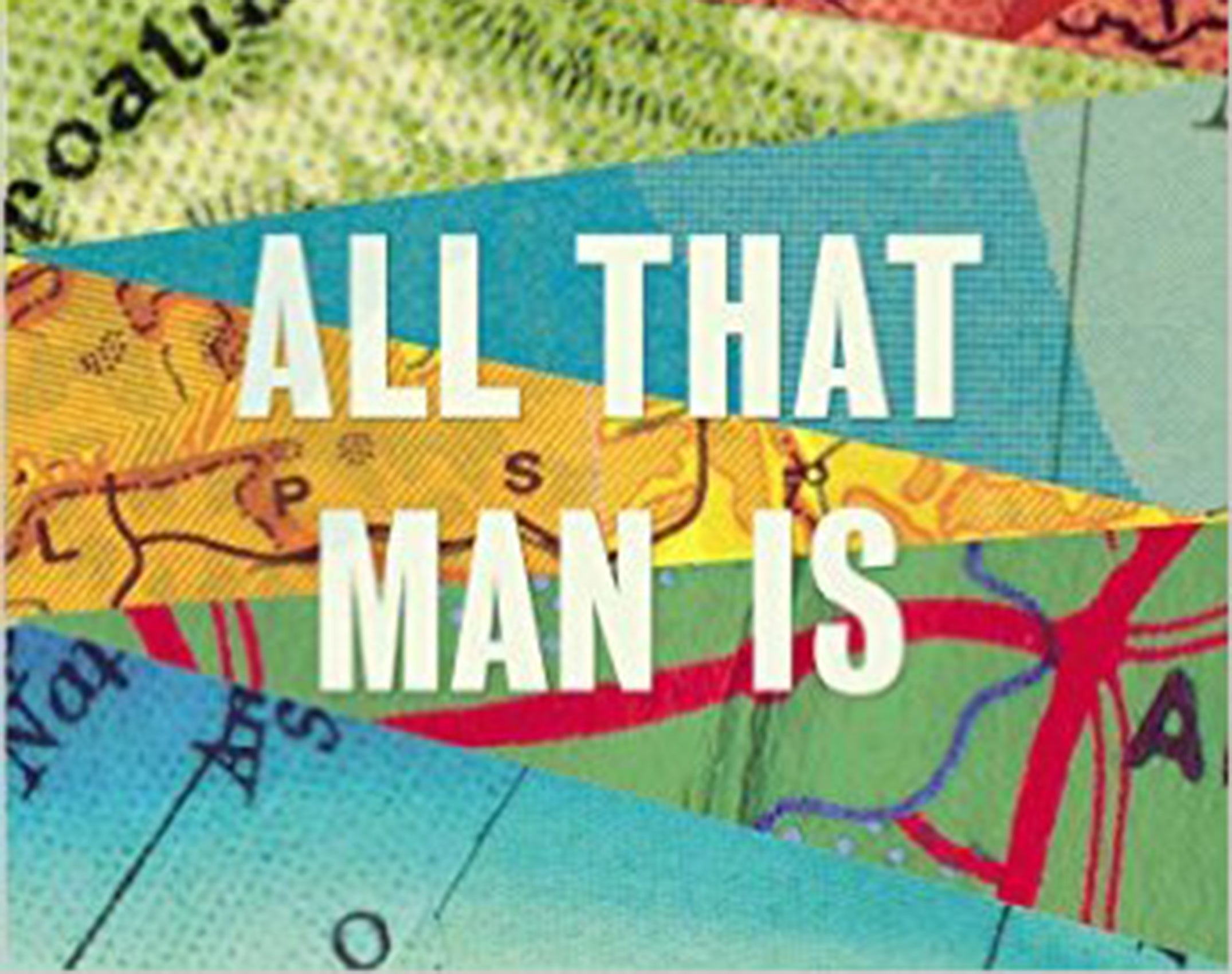All That Man Is, David Szalay, book review: A skilful writer’s haphazard look at European males
Szalay takes us inside distinctive worlds but he struggles to show what’s interesting about men sleepwalking through life on the public school-Oxbridge-London treadmill

David Szalay’s fourth novel tells the stories of nine male protagonists at various stages of their lives. “It’s important to feel part of something larger,” says one and, from the students of the first chapter, through the middle-aged drifters at the book’s centre, to the retiree with whom it ends, Szalay’s 21st-century men feel their lives lack meaning. Most are British but there are Belgians and Danes too, so these are timely meditations on how this country sees Europe, how Europe sees us and how we see ourselves.
In the opening chapter, two students visit Prague where one sleeps with their hostess, a middle-aged alcoholic whose husband is only interested in football. Here and elsewhere, Szalay exposes the vulnerability that belies young men’s sexual bravado. Later, Emma, a Hungarian prostitute, travels to London where she meets men who simplify sex by paying for it. Events are seen from the perspective of Balazs, Emma’s minder, whose clipped dialogue conveys his suppressed love for her. Coming from one of Europe’s poorer countries, Balazs thinks London is “made of money”.
In their thirties and forties, Szalay’s men feel under pressure to make the most of their time. His academics, estate agents and journalists sound less like men in their prime than overgrown boys marooned between fading youths and uncertain futures. Kristian, a newspaper editor, is successful and yet: “There’s this feeling he sometimes has that he’s a long way from home. That nobody’s there for him if it all goes wrong.” The obnoxious Murray is so lonely that he covets the approval of a kebab seller.
Szalay takes us inside distinctive worlds – prostitution, tabloid journalism, yachts – but he struggles to show what’s interesting about men sleepwalking through life on the public school-Oxbridge-London treadmill. These characters are middle-class types rather than individuals, which is true of the retired civil servant who, in the final chapter, goes to his holiday home in Italy to contemplate “the nightmarish fact of ageing and dying.”
He turns out to be the grandfather of the student from the first chapter and, although Szalay draws subtle parallels between them, it’s a belated attempt to make the novel cohere. With scant narrative overlap between chapters, this book could have been a collection of stories, and Szalay relies too heavily on its themes to give it the unity of a novel. He’s a skilful writer but readers will be divided between those who admire his formal bravery and others who find the book’s loose ends frustrating. I’m in the former camp but only just.
Order for £13.49 (free p&p) from the Independent Bookshop: 08430 600 030
Join our commenting forum
Join thought-provoking conversations, follow other Independent readers and see their replies
Comments